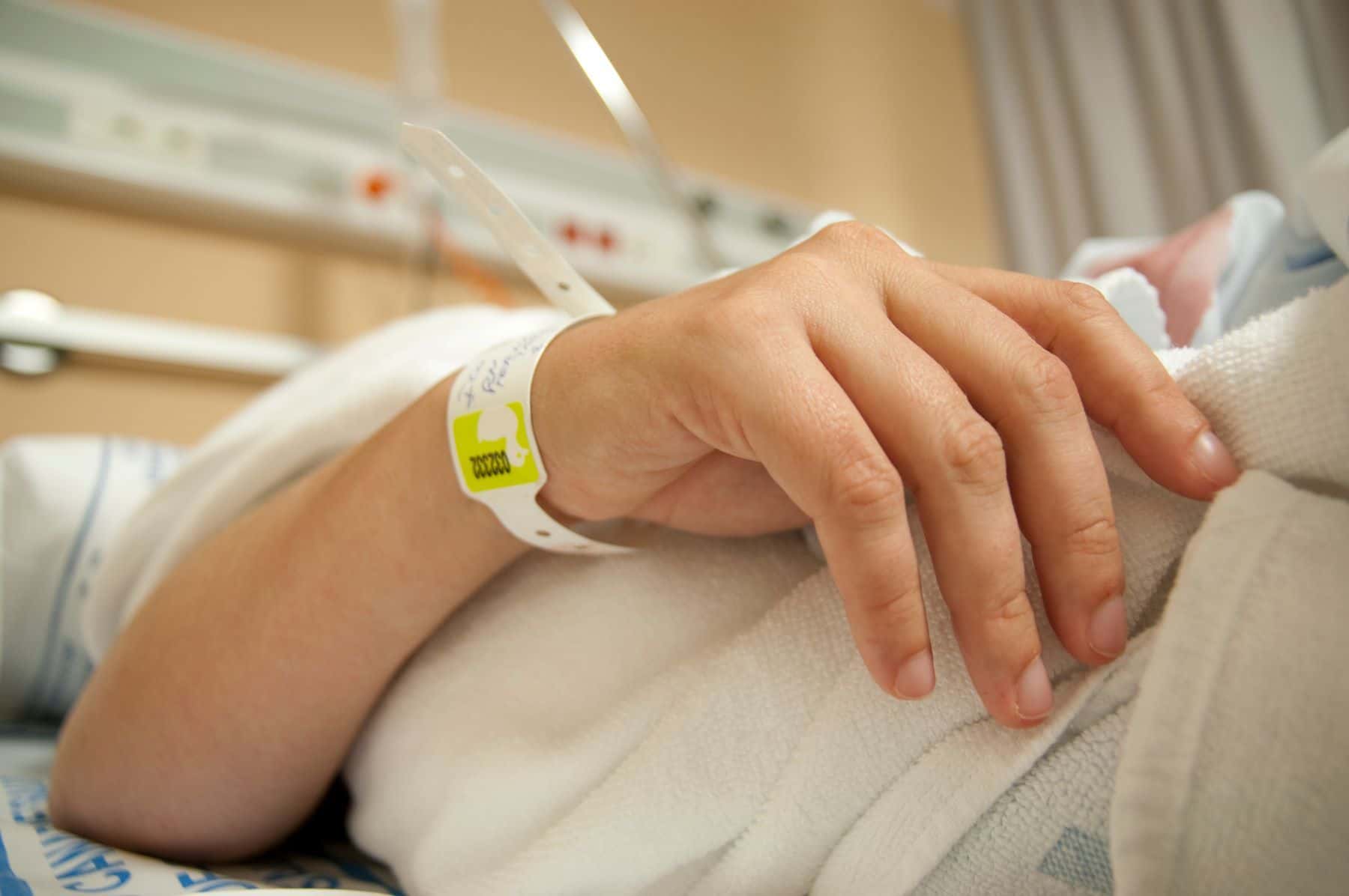Delayed Medical Response Leads to Coma Following Cerebral Aneurysm Coiling
The article discusses a case study of an adult patient who underwent a cerebral aneurysm coiling procedure and later fell into a coma due to delayed medical response.
Updated on
Case Overview
This case study involves an adult patient who underwent a cerebral aneurysm coiling procedure. After the operation, the individual was admitted to the Intensive Care Unit (ICU) with an External Ventricular Drain (EVD) placed for Intracranial Pressure (ICP) monitoring. On the second postoperative day, due to malfunctioning of the EVD, it was decided to replace it with a lumbar drain. However, during this process, the attending physician was called away for an emergency and did not return for at least an hour.
Following the successful placement of the lumbar drain, no ICP measurements were taken despite the patient's escalating headache. Several hours passed without any response from a physician even after being alerted about the patient's severe pain, which led to the patient performing alligator rolls as per chart documentation. Eventually, the patient rapidly deteriorated and fell into a coma. Around this time, a positive result for a microbe was found in a Cerebrospinal Fluid (CSF) culture, although it remains unclear who conducted this test and when.
The patient was stabilized but remained comatose until their transfer to a rehabilitation facility. There is some documentation indicating that she responded to light and stimuli at this facility; however, this information was never communicated to their family. Approximately one week after their transfer to rehab, the patient passed away.
Questions to the Neurology expert and their responses
How often do you care for patients in the ICU after coiling of a cerebral aneurysm?
As a board-certified neurologist and neurocritical care physician at an academic medical center, I oversee approximately 100 patients annually who undergo cerebral aneurysm coiling or clipping procedures in the neuro-ICU.
Generally, when a patient is having increasing headache pain after removal of a device such as an EVD, what should physicians do?
When a patient experiences escalating headache pain following the removal of a device like an EVD, physicians should conduct a comprehensive evaluation. This includes taking a detailed history, performing a physical examination, and considering radiographic assessment.
In general, what aspects of a patient's chart would be important in determining the cause of a patient's rapid decompensation in the ICU some time after removal of a device like an EVD and placement of a lumbar drain?
To determine the cause of a patient's rapid deterioration in the ICU post-device removal and lumbar drain placement, several elements from their chart are crucial. These include their medical history, physical exam findings, radiographic results, and laboratory findings.
About the expert
This expert is a highly accomplished neurologist and neurocritical care specialist with an extensive academic background from prestigious institutions. They are board-certified in both neurology and neurocritical care, and have contributed significantly to their field through over 100 peer-reviewed journal articles, active NIH-funded research on strokes, and serving as a reviewer for premier medical journals. Currently, they hold positions as an assistant professor of neurology at an Ivy League university and as an attending neurologist at multiple Ivy League-affiliated hospitals.

E-197731
Specialties:
About the author
Wendy Ketner, M.D.
Dr. Wendy Ketner is a distinguished medical professional with a comprehensive background in surgery and medical research. Currently serving as the Senior Vice President of Medical Affairs at the Expert Institute, she plays a pivotal role in overseeing the organization's most important client relationships. Dr. Ketner's extensive surgical training was completed at Mount Sinai Beth Israel, where she gained hands-on experience in various general surgery procedures, including hernia repairs, cholecystectomies, appendectomies, mastectomies for breast cancer, breast reconstruction, surgical oncology, vascular surgery, and colorectal surgery. She also provided care in the surgical intensive care unit.
Her research interests have focused on post-mastectomy reconstruction and the surgical treatment of gastric cancer, including co-authoring a textbook chapter on the subject. Additionally, she has contributed to research on the percutaneous delivery of stem cells following myocardial infarction.
Dr. Ketner's educational background includes a Bachelor's degree from Yale University in Latin American Studies and a Doctor of Medicine (M.D.) from SUNY Downstate College of Medicine. Moreover, she is a member of the Board of Advisors for Opollo Technologies, a fintech healthcare AI company, contributing her medical expertise to enhance healthcare technology solutions. Her role at Expert Institute involves leveraging her medical knowledge to provide insights into legal cases, underscoring her unique blend of medical and legal acumen.
Subscribe to our newsletter
Join our newsletter to stay up to date on legal news, insights and product updates from Expert Institute.
Sign up nowFind an expert witness near you
What State is your case in?
Subscribe to our newsletter
Join our newsletter to stay up to date on legal news, insights and product updates from Expert Institute.



